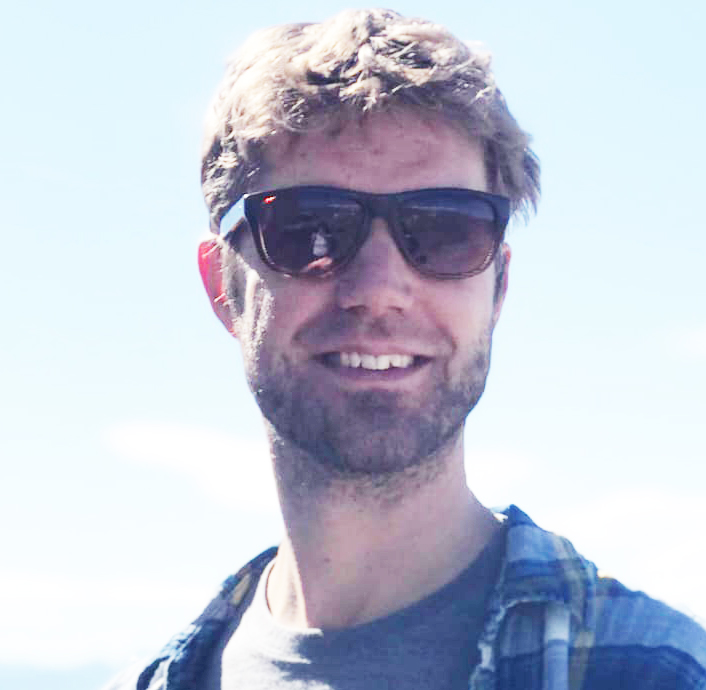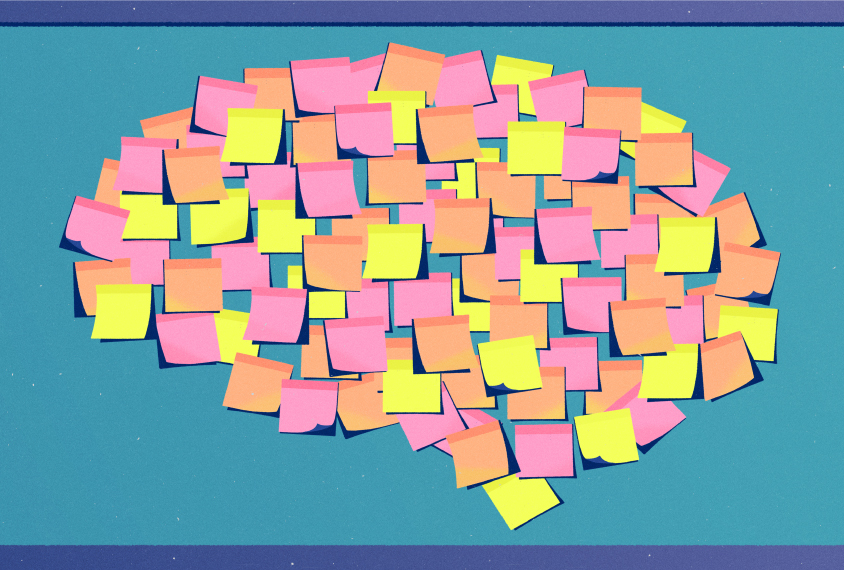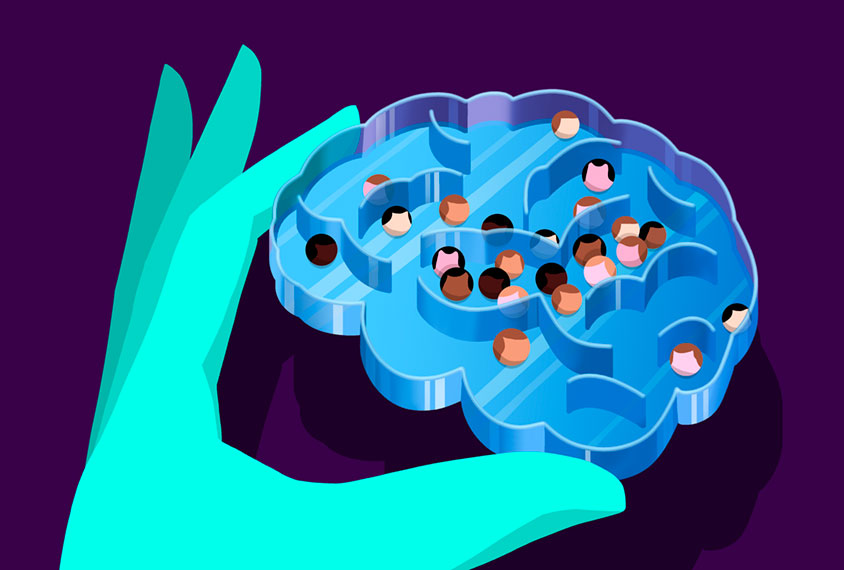Richard Bethlehem is a postdoctoral fellow and research associate at the Autism Research Centre and Brain Mapping Unit at the University of Cambridge in the United Kingdom. He studies integrated neuroimaging and transcriptomics to gain better understanding of the biological underpinnings of typical and atypical neurodevelopment.

Richard Bethlehem
Research associate
University of Cambridge
From this contributor
Q&A with Richard Bethlehem: What goes into a Brainhack
Brainhack conferences offer talks and hands-on tutorials, and unite small groups of interdisciplinary researchers to work on open-source neuroscience projects.

Q&A with Richard Bethlehem: What goes into a Brainhack
How normative modeling can reframe autism’s heterogeneity
Normative modeling could capture variability among autistic people and allow for individualized assessments.

How normative modeling can reframe autism’s heterogeneity
Explore more from The Transmitter
Astrocytes orchestrate oxytocin’s social effects in mice
The cells amplify oxytocin—and may be responsible for sex differences in social behavior, two preprints find.

Astrocytes orchestrate oxytocin’s social effects in mice
The cells amplify oxytocin—and may be responsible for sex differences in social behavior, two preprints find.
Neuro’s ark: Spying on the secret sensory world of ticks
Carola Städele, a self-proclaimed “tick magnet,” studies the arachnids’ sensory neurobiology—in other words, how these tiny parasites zero in on their next meal.

Neuro’s ark: Spying on the secret sensory world of ticks
Carola Städele, a self-proclaimed “tick magnet,” studies the arachnids’ sensory neurobiology—in other words, how these tiny parasites zero in on their next meal.
Autism in old age, and more
Here is a roundup of autism-related news and research spotted around the web for the week of 2 March.

Autism in old age, and more
Here is a roundup of autism-related news and research spotted around the web for the week of 2 March.